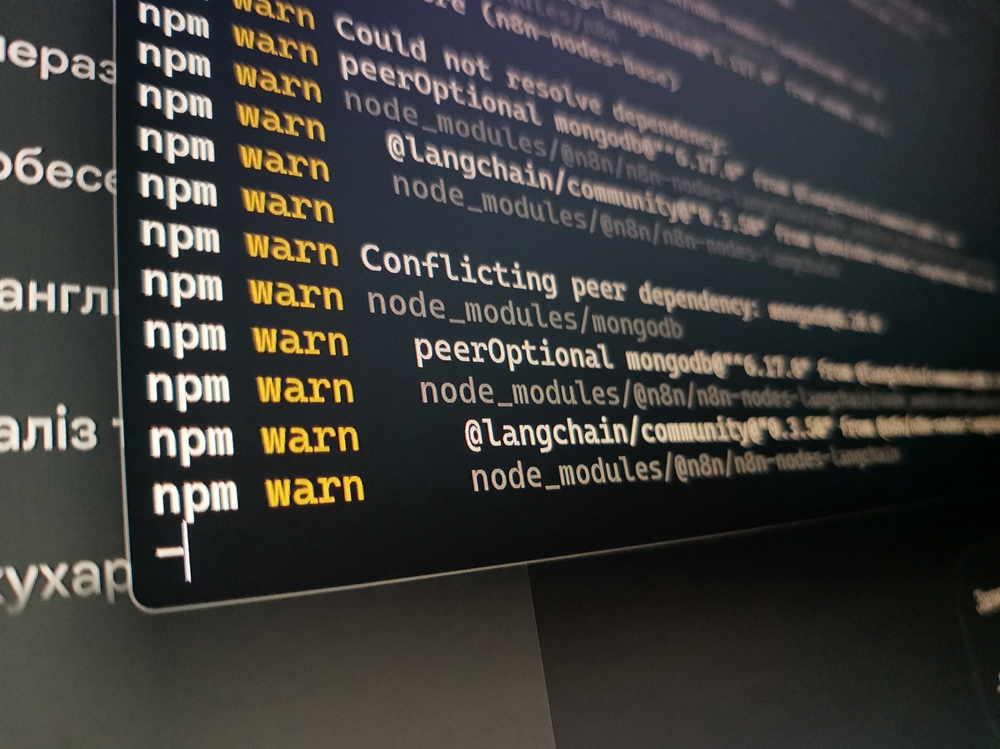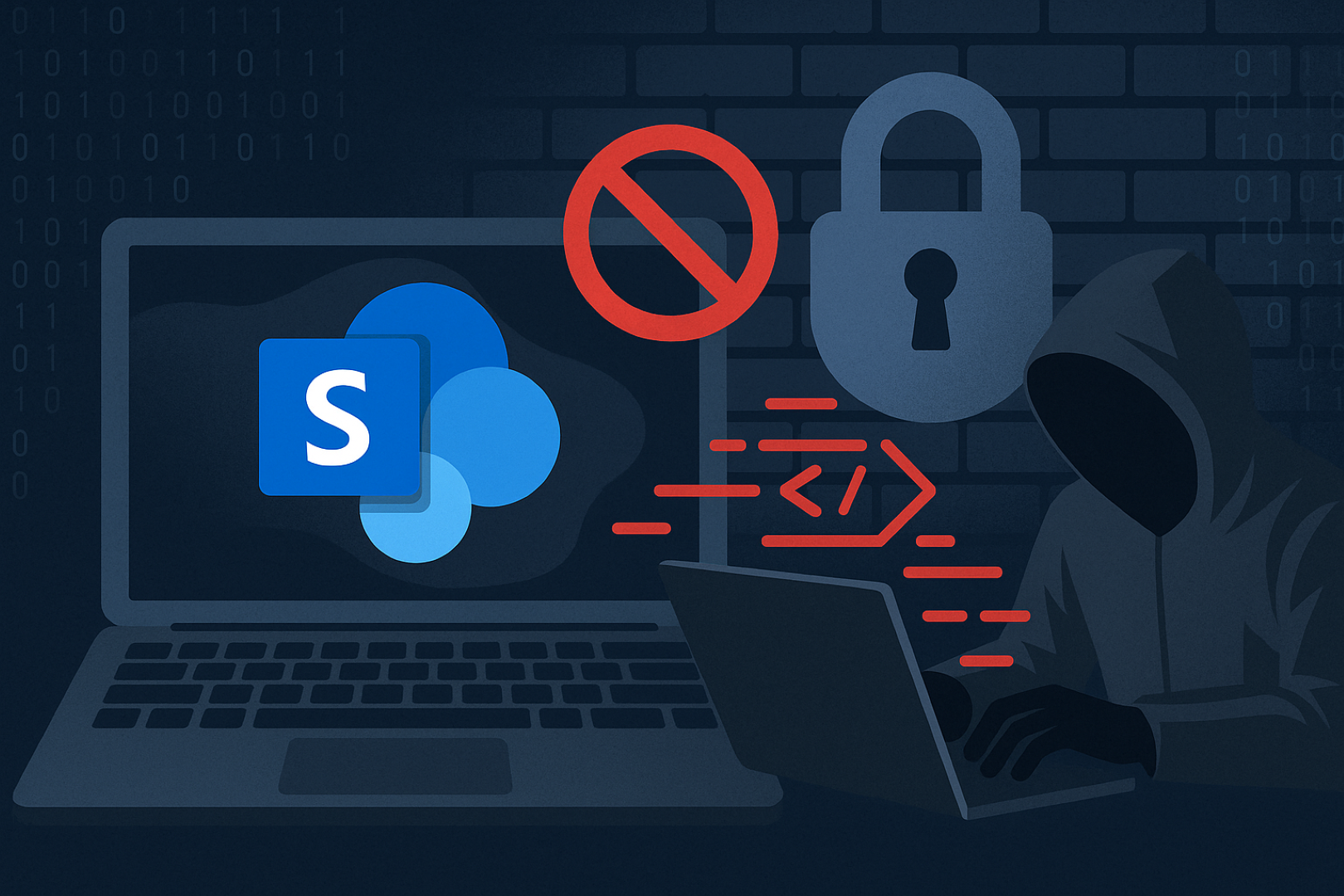#Malware
#Malware
[ follow ]
#cybersecurity #phishing #npm #social-engineering #browser-extensions #cybercrime #supply-chain-attack
Information security
fromSocial Media Explorer
1 week agoHow Spam Filtering Protects You from Phishing and Malware - Social Media Explorer
Spam filtering protects inboxes by using layered checks—sender reputation, content and technical analysis—to block phishing, malware, and other malicious emails before delivery.
Information security
fromwww.mercurynews.com
2 weeks agoConsumer tip: Watch out for this package delivery' scam
Scammers send fake package notifications urging clicks or payments to install malware or steal personal and financial information—verify delivery status only through carriers' official channels.
Information security
fromThe Hacker News
1 month agoResearchers Find Malicious VS Code, Go, npm, and Rust Packages Stealing Developer Data
Malicious VS Code extensions infected developer machines with stealer malware that captures screens, credentials, and exfiltrates data to an attacker-controlled server.
Information security
fromThe Hacker News
1 month agoNorth Korean Hackers Deploy 197 npm Packages to Spread Updated OtterCookie Malware
North Korean threat actors published 197 malicious npm packages delivering OtterCookie/BeaverTail malware that establishes C2 and steals credentials, clipboard, keystrokes, screenshots, and wallets.
Information security
fromThe Hacker News
1 month agoThreatsDay Bulletin: 0-Days, LinkedIn Spies, Crypto Crimes, IoT Flaws and New Malware Waves
Cyber threats are rapidly evolving as criminals exploit browser extensions, smart devices, social platforms, and novel malware while governments and companies intensify countermeasures.
fromArs Technica
1 month agoGoogle will let Android power users bypass upcoming sideloading restrictions
As Google begins early access testing, it has conceded that "experienced users" should have an escape hatch. According to Google, online scam and malware campaigns are getting more aggressive, and there's real harm being done in spite of the platform's sideloading scare screens. Google says it's common for scammers to use social engineering to create a false sense of urgency, prompting users to bypass Android's built-in protections to install malicious apps.
Information security
fromPCWorld
2 months agoThis popular 'privacy browser' is actually tracking users and stealing data
According to a security report from Infoblox, in cooperation with the United Nations Office on Drugs and Crime, the China-focused Universe Browser is advertised as a safe and private way to bypass censorship and web blocks. It has a specific use case for would-be online gamblers. But just underneath its surface, the browser is recording the user's location, routing all traffic data through servers in China, installing keyloggers, and changing network settings.
Information security
fromThe Hacker News
2 months agoNorth Korean Hackers Lure Defense Engineers With Fake Jobs to Steal Drone Secrets
Some of these [companies' are heavily involved in the unmanned aerial vehicle (UAV) sector, suggesting that the operation may be linked to North Korea's current efforts to scale up its drone program," ESET security researchers Peter Kálnai and Alexis Rapin said in a report shared with The Hacker News. It's assessed that the end goal of the campaign is to plunder proprietary information and manufacturing know-how using malware families such as ScoringMathTea and MISTPEN.
Information security
fromThe Hacker News
2 months agonpm, PyPI, and RubyGems Packages Found Sending Developer Data to Discord Channels
Webhooks on Discord are a way to post messages to channels in the platform without requiring a bot user or authentication, making them an attractive mechanism for attackers to exfiltrate data to a channel under their control. "Importantly, webhook URLs are effectively write-only," Socket researcher Olivia Brown said in an analysis. "They do not expose channel history, and defenders cannot read back prior posts just by knowing the URL."
Information security
fromZDNET
3 months agoAI is making cybercriminal workflows more efficient too, OpenAI finds
OpenAI has published research revealing how state-sponsored and cybercriminal groups are abusing artificial intelligence (AI) to spread malware and perform widespread surveillance. (Disclosure: Ziff Davis, ZDNET's parent company, filed an April 2025 lawsuit against OpenAI, alleging it infringed Ziff Davis copyrights in training and operating its AI systems.) AI has benefits in the cybersecurity space; it can automate tedious and time-consuming tasks, freeing up human specialists to focus on complex projects and research, for example.
Information security
fromTechzine Global
3 months agoOpenAI reports growing misuse of AI by states and criminals
OpenAI has intensified its efforts to combat the misuse of artificial intelligence. In a new report, the company reveals that it has dismantled several international networks in recent months that were using its models for cyberattacks, scams, and political influence. The analysis shows how malicious actors are becoming increasingly sophisticated in their use of AI, while OpenAI is simultaneously expanding its defense mechanisms.
Artificial intelligence
Information security
fromIT Pro
3 months agoHackers are disguising malware as ChatGPT, Microsoft Office, and Google Drive to dupe workers
SMBs in Europe and parts of Africa face malware and PUAs disguised as trusted tools, necessitating stronger employee training, authentication, patching, and secure software sourcing.
Information security
fromIT Pro
3 months agoMobile app security is a huge blind spot for developer teams - 93% are confident their applications are secure, but 62% reported breaches last year
Organizations overestimate mobile app security readiness despite widespread breaches, accelerated release pressures, and frequent malware, data loss, and credential-theft incidents.
fromThe Hacker News
4 months agoNoodlophile Malware Campaign Expands Global Reach with Copyright Phishing Lures
The Noodlophile campaign, active for over a year, now leverages advanced spear-phishing emails posing as copyright infringement notices, tailored with reconnaissance-derived details like specific Facebook Page IDs and company ownership information.
Information security
Privacy technologies
fromThe Hacker News
5 months agoSocGholish Malware Spread via Ad Tools; Delivers Access to LockBit, Evil Corp, and Others
SocGholish malware utilizes Traffic Distribution Systems to redirect users to malicious content and has a Malware-as-a-Service model for cybercriminal operations.
fromThe Hacker News
5 months agoClickFix Malware Campaign Exploits CAPTCHAs to Spread Cross-Platform Infections
"Like a real-world virus variant, this new 'ClickFix' strain quickly outpaced and ultimately wiped out the infamous fake browser update scam that plagued the web just last year."
Privacy professionals
[ Load more ]






























